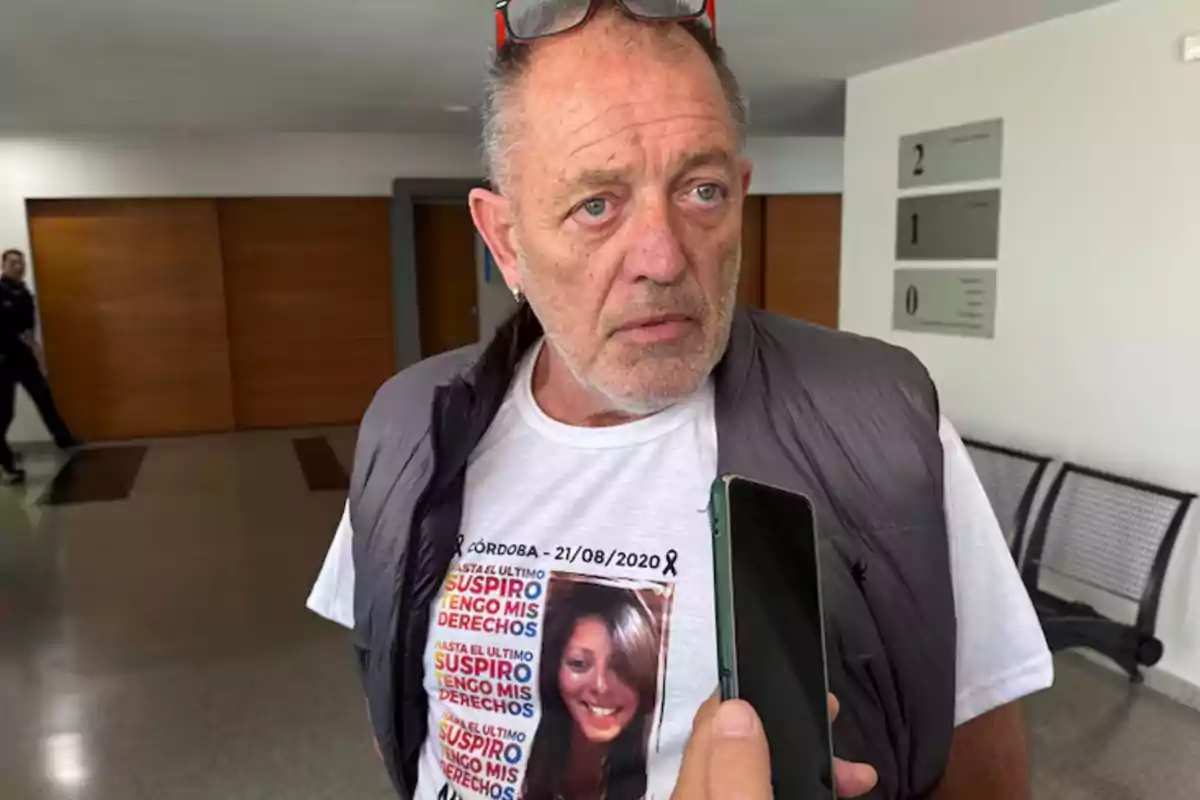
Trial for the Solange Musse case in Córdoba: COE and restrictions under scrutiny
The process in Río Cuarto reviews the decisions that prevented Pablo Musse from saying goodbye to his daughter during the strict quarantine of 2020
The second day of the trial for the Solange Musse case is taking place at the Río Cuarto Courthouse and puts the COE protocols to the test.Pablo Musse accuses the provincial government of preventing him from entering Córdoba to say goodbye to his sick daughter. The drama exposes the rigidity of the measures that defined the region's strictest lockdown.
Physician Eduardo Andrada and social worker Analía Morales are the two defendants charged with abuse of authority and failure to fulfill their duties. According to the accusation, they were responsible for denying entry to Musse and his sister-in-law Paola Oviedo in Huinca Renancó. Solange died days later in Alta Gracia from advanced cancer.
The judges and jurors must determine whether the officials applied the protocol automatically or if they could have considered an exception. The defense relies on the requirement for a negative PCR test, which Musse could not afford at that time. The case reopens a debate about abuses committed during the lockdown.
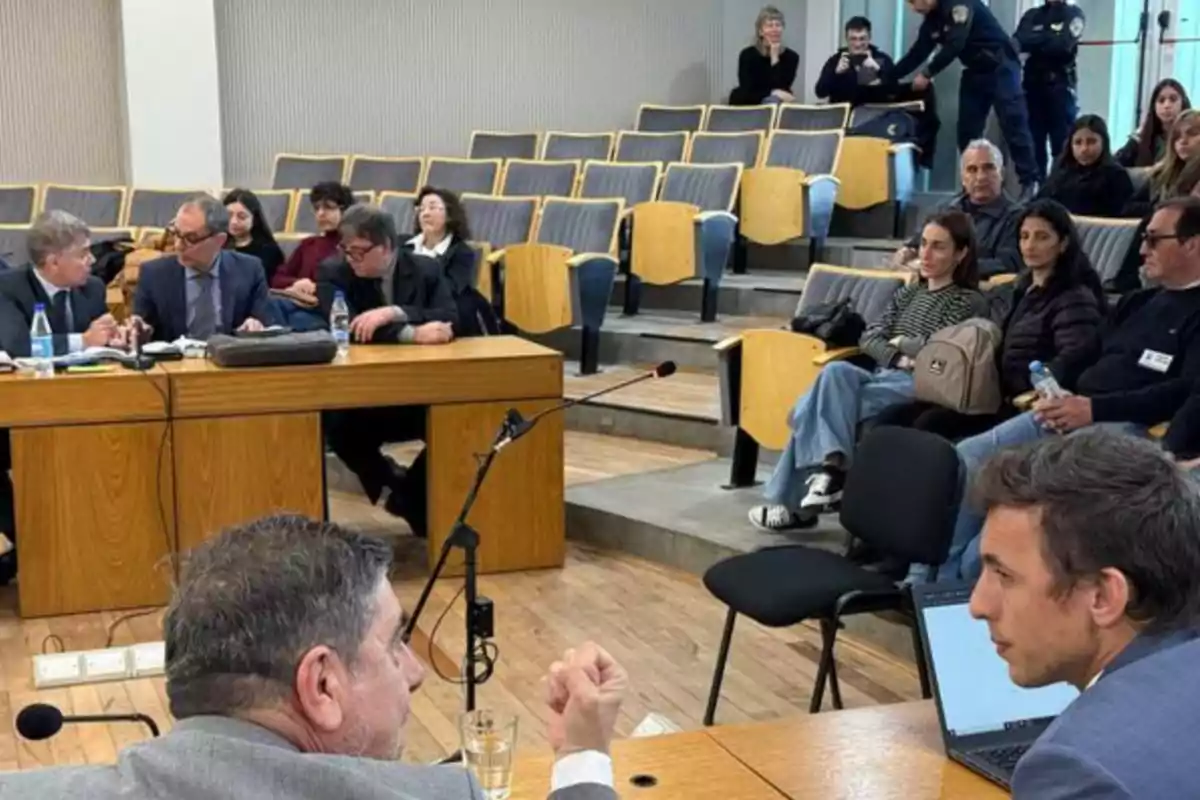
Strict protocols and violated rights
Witnesses stated that Musse underwent two rapid tests that came back positive, although they were not confirmed with a PCR. According to the prosecution, it was Andrada who ordered him to return to Neuquén escorted by the police. The father and his sister-in-law were denied the opportunity to rest, buy food, or use the restroom during the journey.
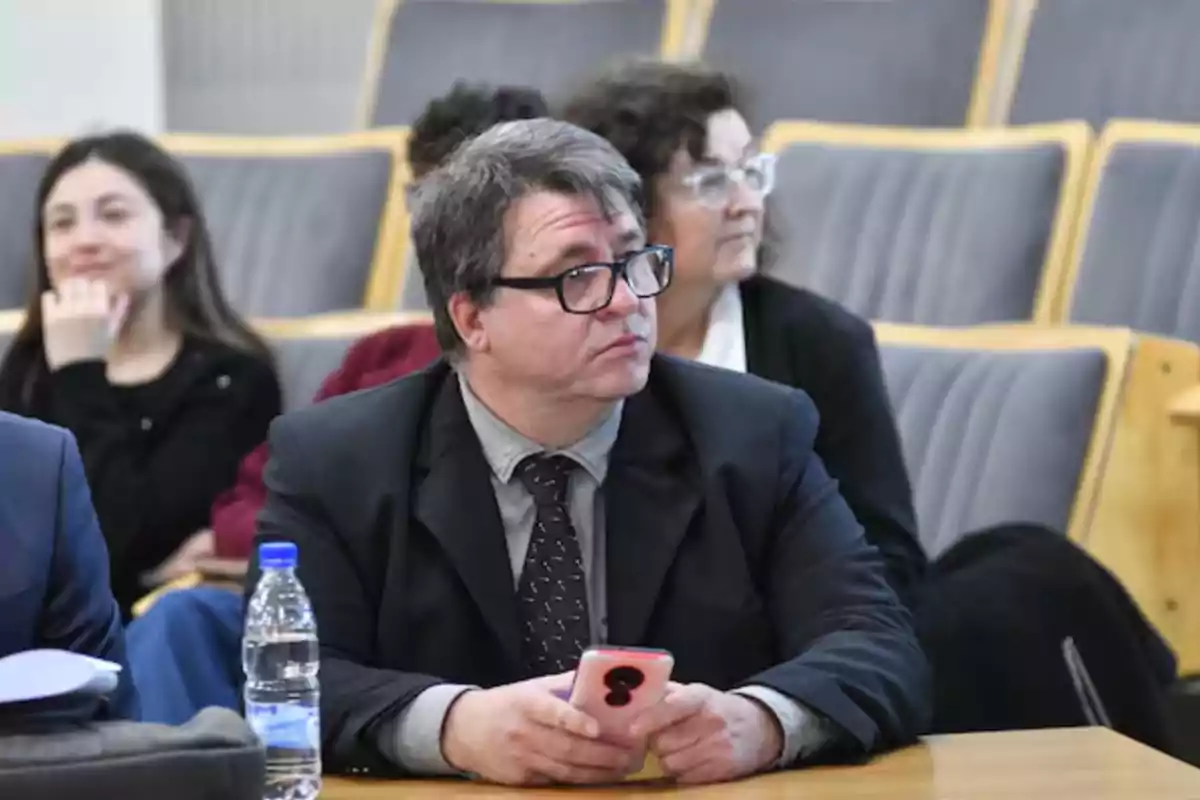
The letter Solange wrote before she died described the treatment of her family as "humiliating, inhuman, and painful." The prosecution is seeking to expand the charges to include mistreatment and unlawful deprivation of liberty. The defense insists that actions were taken in accordance with protocol 48 in force in the province.
This trial once again brings to the forefront the restrictions imposed by former president Alberto Fernández during the pandemic. Meanwhile, while Argentines endured extreme lockdowns and controls, he organized parties at Olivos. The double standard of those in power is reflected in the Musse family's ordeal.
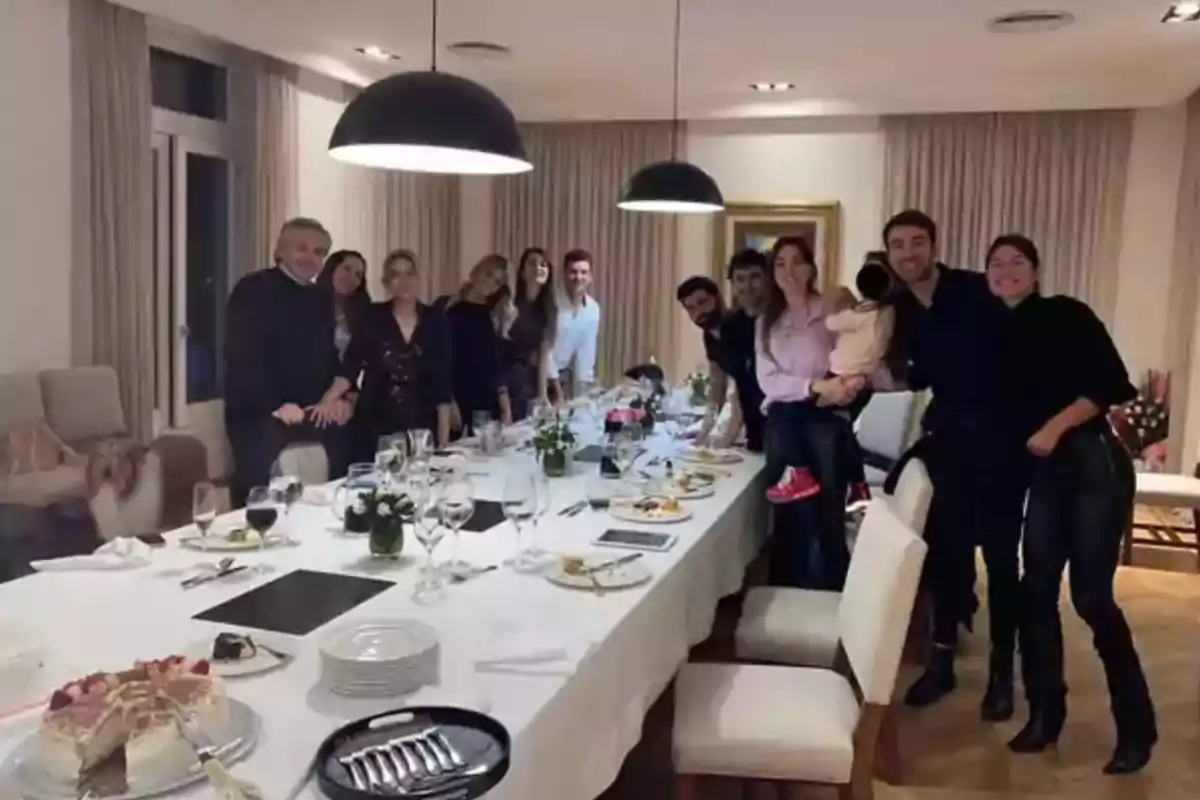
What's next in the Solange trial
The upcoming hearings will summon police officers who were stationed at the Huinca Renancó health checkpoint. Their testimonies are expected to clarify the orders they received and the treatment given to the family. The prosecution seeks to confirm whether there was institutional abuse during the procedure.
Pablo Musse was only able to enter Córdoba on August 21, 2020, days after his daughter's death. Only after a court ruling and with a negative PCR test was he authorized to enter to attend the funeral. The delay deepened the pain of a father who was never able to say goodbye to his daughter with dignity.
The Solange case exposes the excesses of a government that restricted freedoms in the name of public health. The story became a symbol of the collateral damage of the endless lockdown. In Córdoba, the trial seeks to bring justice to a family marked by the arbitrariness of political decisions.
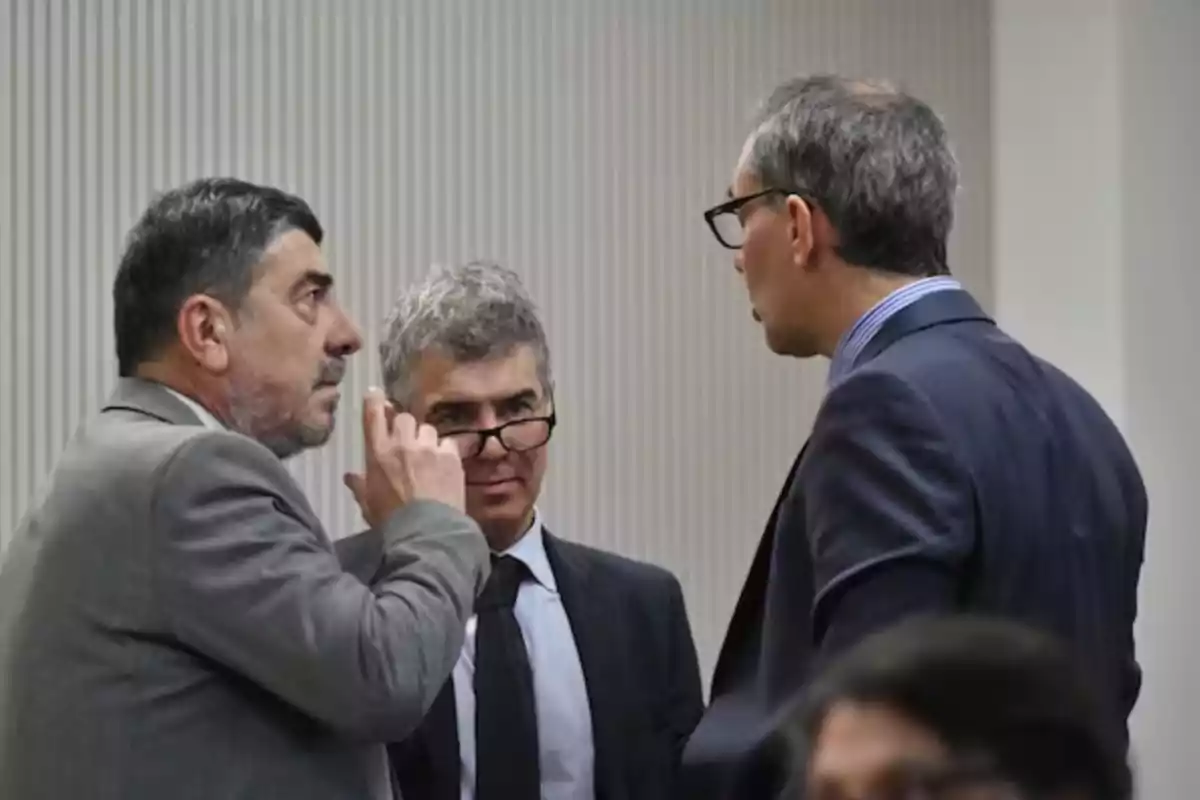
More posts: